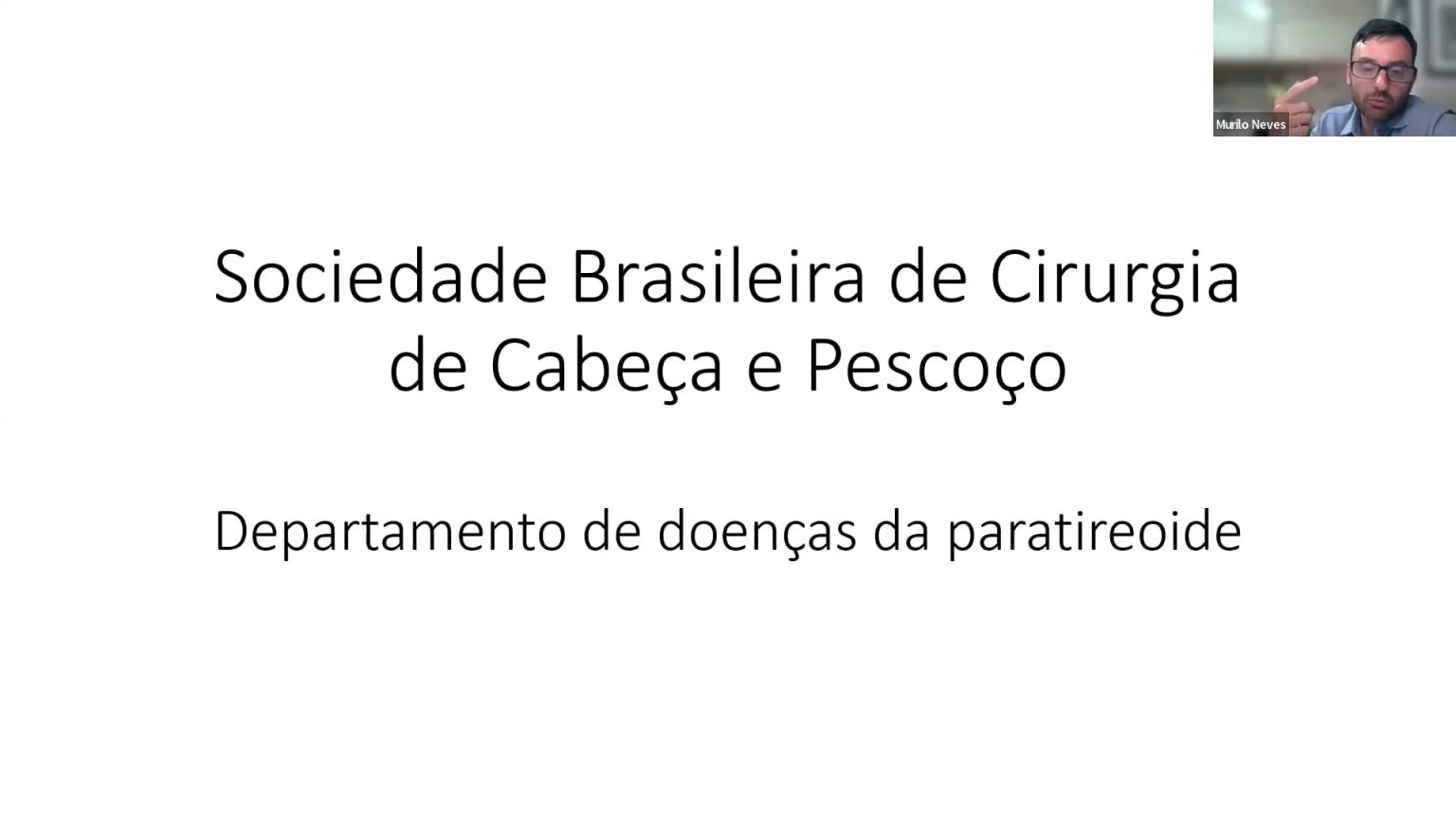Artigo
Impact of a Weight Loss Intervention on 1-Year Weight Changein Women With Stage II/III Breast Cancer
ABSTRACT
IMPORTANCE
Obesity is associated with a higher risk of recurrence, mortality, comorbidities, treatment-related adverse effects, and poor quality of life in patients with breast cancer. Scalable interventions are needed to promote weight loss in this population.
OBJECTIVE
To evaluate the impact of a remotely delivered weight loss intervention (WLI) on weight change at 1 year in patients with breast cancer and obesity and to explore factors associated with weight change.
DESIGN, SETTING, AND PARTICIPANTS
The Breast Cancer Weight Loss trial is a phase 3, randomized clinical trial evaluating the impact of a telephone-based WLI on invasive disease–free survival and other outcomes in women with obesity and early breast cancer at 637 sites across the US and Canada. Participants were enrolled to the study between August 2016 and February 2021. Participants included women with stage II to III,
ERBB2-negative breast cancer and a body mass index (BMI) of 27 or higher.
INTERVENTIONS
Participants were randomized to a 2-year, telephone-based WLI plus health education or health education alone control group.
MAIN OUTCOME AND MEASURES
The primary end point for this prespecified secondary analysis was weight change at 1 year. Weight was measured at baseline and 1 year, and changes in weight were compared between groups. Weight change was evaluated with a linear mixed-effects model including treatment group, weight over time, a time-by-group interaction, menopausal status, race and ethnicity, and hormone receptor status.
RESULTS
A total of 3180 women with breast cancer and BMI of 27 and higher were included in the study; 1591 were randomized to the WLI and 1589 to the control group. At baseline, the mean (SD) age of participants was 53.4 (10.6), and the mean (SD) BMI was 34.4 (5.6). The racial and ethnic breakdown included 406 (12.8%) Black, 231 (7.3%) Hispanic or Latino, 2906 (91.4%) non-Hispanic, and 2555 (80.3%) White participants. WLI participants lost a mean of 4.3 kg (95% CI 3.9-4.6 kg), or 4.7% (95% CI, 4.3%-5.0%) of baseline body weight at 1 year vs control participants, who gained 0.9 kg (95% CI, 0.5-1.3 kg), or 1.0% (95% CI 0.1%-1.4%) of baseline body weight (P < .001). Participants randomized to WLI experienced significant weight loss (vs control group participants) across demographic and tumor factors. WLI effect differed significantly by menopausal status, with postmenopausal participants
having greater weight loss than premenopausal participants, and by race and ethnicity, with Black and Hispanic participants having less weight loss compared to other races and ethnicities.
CONCLUSIONS AND RELEVANCE
In this secondary analysis of a randomized clinical trial, a telephone-based WLI induced significant weight loss in patients with breast cancer with overweight and obesity across demographic and treatment factors. Further follow-up of the Breast Cancer Weight Loss trial will evaluate whether the WLI improves disease outcomes.
Compartilhar em:
Comentários
Cursos Relacionados
Livros Relacionados
0
Conteúdos Relacionados
Comentários
Deixe um comentário Cancelar resposta
Você precisa fazer o login para publicar um comentário.












